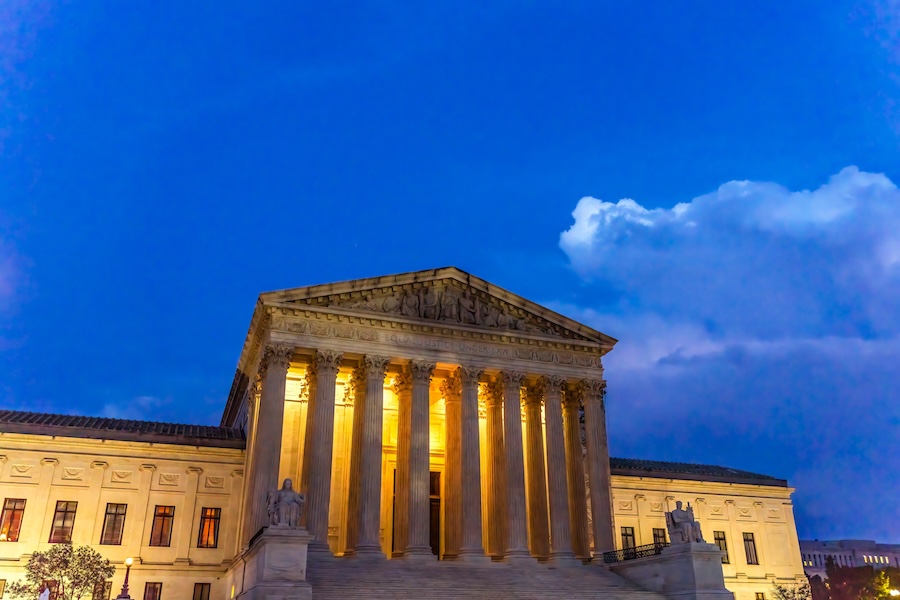The U.S. Supreme Court appears poised to side with religious parents in a case that could significantly alter how public schools implement diversity-based curriculum, especially those involving LGBTQ+ themes for young students.
At issue in Mahmoud v. Taylor is a policy shift by Montgomery County Public Schools in Maryland, which eliminated parents’ ability to opt their children out of elementary classroom readings that include LGBTQ+ storybooks. The families challenging the policy include Muslim, Christian, and Jewish parents, who argue that mandatory participation violates their First Amendment right to freely exercise their religion.
The case has captured national attention, as it pits progressive curriculum initiatives against longstanding religious liberties. The school district had initially offered opt-out provisions but reversed course in March 2023, citing logistical issues and concerns about stigmatizing LGBTQ+ students.
During oral arguments, several Supreme Court justices appeared critical of the school district’s approach.
Justice Samuel Alito was blunt in questioning the necessity of the change. “What is the big deal about allowing them to opt out of this?” he asked according to Fox News. “I don’t think anybody can read that and say: well, this is just telling children that there are occasions when men marry other men. It has a clear moral message, and it may be a good message. It’s just a message that a lot of religious people disagree with.”
Justice Brett Kavanaugh, a Montgomery County resident with two school-age daughters, said he was “mystified” by the district’s decision to end the opt-out option.
Justice Elena Kagan, while skeptical of a broad opt-out standard, admitted, “I too, was struck by these young kids picture books and, on matters concerning sexuality. I suspect there are a lot of non-religious parents who weren’t all that thrilled about this.”
Justice Sonia Sotomayor and other liberal justices appeared more aligned with the school board’s argument, suggesting the storybooks merely offer “exposure” to ideas rather than coercion.
“What they decided was that there wasn’t coercion here, that there was mere exposure,” Sotomayor said. “I understood from the record that all that was required is that the books be put on the bookshelf. If that’s all that’s required, is that coercion?”
But opponents argue the school went too far by mandating participation without alternatives. They aren’t asking to remove the material, only to preserve their right to decide what their young children are exposed to in school. Their legal team contends the policy change pressures religious families to either compromise their beliefs or abandon public education altogether.
Justice Ketanji Brown Jackson pressed the limits of where opt-outs would lead. “What about a trans student in the classroom?” she asked. “Must the teacher notify the parents of the student’s existence and give them an opt out to not be in the same classroom with this child?”
Still, the conservative majority appears to lean toward the view that families should not be forced into moral or religious conflict by public school mandates. If the Court rules in favor of the parents, the precedent could ripple across the country, forcing districts to revisit how they handle parental objections in the name of inclusivity.
A ruling is expected by June.

